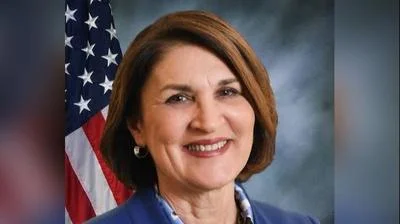State Representative Wayne Rosenthal (IL) | Representative Wayne A Rosenthal (R) 108th District
State Representative Wayne Rosenthal (IL) | Representative Wayne A Rosenthal (R) 108th District
The Illinois state legislature plays a significant role in shaping various aspects of life for its residents, including taxation, infrastructure, education, and social programs. The legislative process is defined by the Illinois Constitution, but the human element introduces variability. Legislators bring diverse backgrounds and priorities, influencing their decisions on legislation.
State Senators and Representatives are elected to represent their constituencies through the introduction of legislation and voting. While each member has one vote, those in the majority wield more power, especially if they hold a supermajority. Certain bills require a three-fifths vote to pass or override a gubernatorial veto. This supermajority requirement aims to balance power and encourage bipartisan cooperation unless one party holds enough seats to meet this threshold independently.
Currently, Democrats hold a supermajority in both chambers and control the Governor's office. This situation reduces incentives for bipartisanship and accountability. Traditionally, legislative leaders and the Governor negotiated agreements together; however, this practice has changed.
The Illinois General Assembly consists of four caucuses divided by chamber (House and Senate) and party affiliation (Republican and Democrat). Independent legislators face challenges as they lack committee appointments without joining a caucus.
The current composition of the Illinois General Assembly is as follows:
- Senate Republicans: Minority with 19 members
- Senate Democrats: Majority with 40 members
- House Republicans: Minority with 40 members
- House Democrats: Majority with 78 members
Each chamber selects its presiding officer by a simple majority vote. The Speaker of the House and Senate President are chosen from among the majority parties. Caucuses establish their own leadership selection rules; currently, all allow presiding officers to appoint leadership teams.
Caucuses can meet privately to discuss policy matters. Leaders in the General Assembly have unique powers granted by the Illinois Constitution:
1. **Speaker of the House and Senate President**: These presiding officers are powerful figures who control agendas and rules within their chambers. Their support or opposition significantly impacts whether bills advance.
2. **Minority Leader**: Elected from the largest minority party in each chamber, these leaders guide minority caucus activities while holding the majority accountable.
3. **Committee Chairs**: Appointed from majority caucus members by presiding officers, they manage committee legislation flow.
4. **Committee Spokespersons**: Assigned by Minority Leaders to represent minority caucus interests within committees.
Despite constitutional guidelines for legislative processes, human involvement ensures unpredictability—some beneficial bills may not progress while others receive inadequate scrutiny.






 Alerts Sign-up
Alerts Sign-up